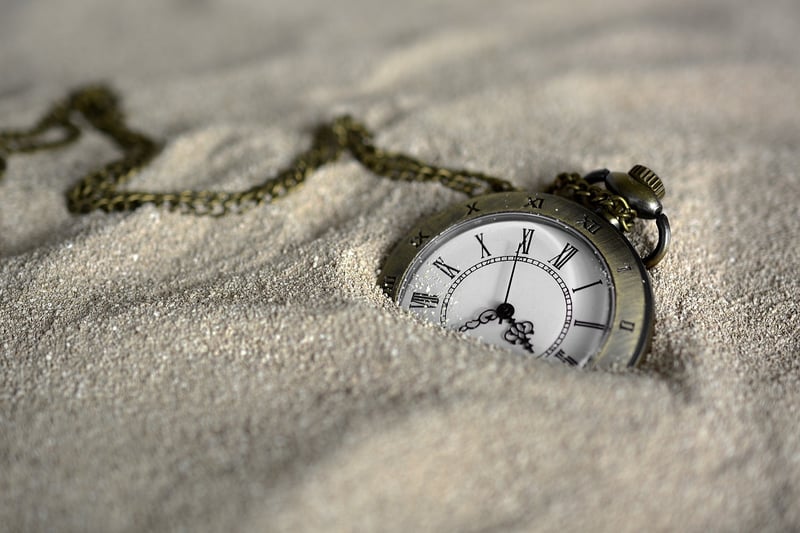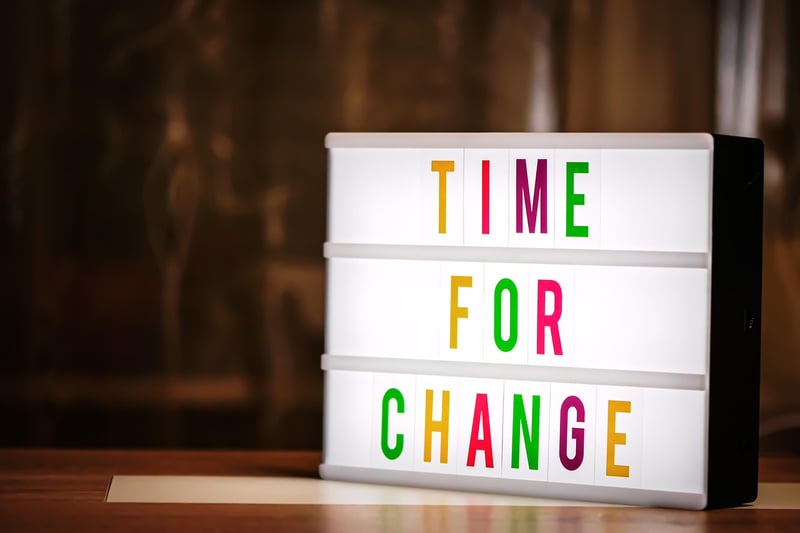Changing the Past
The Moral Implications of Time Travel and Changing the Past
Time travel has been a popular topic in science fiction for decades, captivating audiences with the idea of changing the course of history. However, the concept of altering the past raises significant moral questions and dilemmas that are worth exploring.
Paradoxes and Consequences
One of the primary concerns with changing the past is the potential for creating paradoxes. For example, the grandfather paradox posits a scenario where a time traveler goes back in time and prevents their grandfather from meeting their grandmother, thus preventing their own birth. This paradox highlights the inherent contradictions and complexities that come with altering past events.
Ethical Considerations
From an ethical standpoint, the idea of changing the past raises questions about the consequences of our actions. Would altering a single event have unforeseen ripple effects that could potentially make things worse? How do we determine what events are worth changing and which ones should be left untouched?
Responsibility and Hubris
Another aspect to consider is the responsibility that comes with the power to change the past. Would individuals or governments be tempted to manipulate history for personal gain or to exert control over others? The hubris of believing we can play "god" and reshape the past raises concerns about the fragility of the timeline and the potential for unintended consequences.
Conclusion
While the idea of time travel and changing the past is intriguing, it comes with a host of moral implications that cannot be ignored. As we continue to explore the possibilities of altering history, it is essential to consider the ethical dilemmas and responsibilities that come with such power.

For more information on the topic of time travel, you can visit Space.com.
